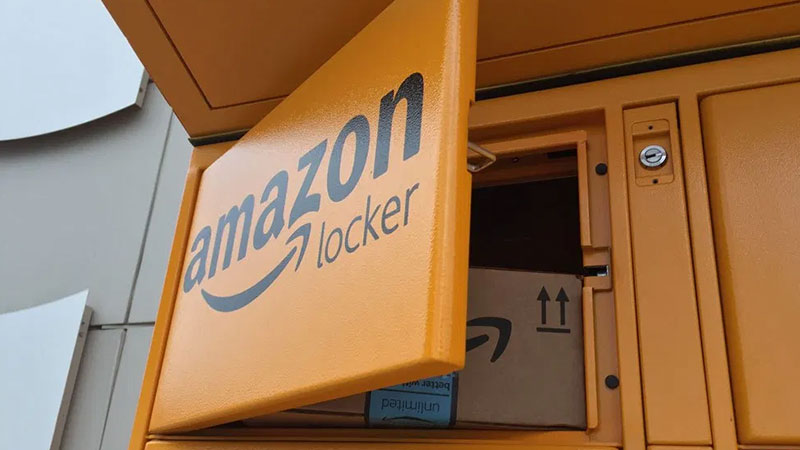Stockland Partners With Amazon on Distribution Deal

The country's largest diversified developer Stockland has partnered with tech giant Amazon for one of its most tech-integrated and convenience-led initiatives, installing parcel delivery lockers at malls across NSW and Victoria.
Amazon, the world's leading online retailer, will now place self-service kiosk for parcel pick-ups at Stockland's Piccadilly Centre in Sydney's CBD as well as at Green Hills in the Hunter Valley's Maitland and The Pines in Melbourne's Doncaster East.
Amazon Hub is a parcel pick up service that has been running in the US for the past eight years. It allows customers to have their Amazon orders delivered to either a counter or self service locker.
Customers are given three days to collect a parcel from their Amazon Locker after which time the items are returned for a refund.
As well as Stockland, Amazon has initially partnered with Commonwealth Bank and Victorian Authorised Newsagents Associations for its automated locker rollout.

The move by Stockland, to embrace the tech behemoth rather than fight it, could place its retail portfolio in good stead, after a number of recognised Australian retails, including Dick Smith, Rhodes and Beckett, David Lawrence, and Top Shop, have fallen victim to changing consumer habits.
Traditional anchor tenants such as Myer, David Jones, Target and Big W have also fallen on tougher times with the emergence of eCommerce and the increasing uptake in last mile delivery logistics facilities.
“Our customers continue to demonstrate their desire for innovative in-centre features, tech-integrated amenity and convenience led initiatives to enhance their everyday shopping experience,” Stockland chief executive of commercial property Louise Mason said.
“Offering Amazon Locker in Stockland retail town centres provides greater convenience for our customers who are not home for the delivery of their purchase and ensures they can pick up.”
“It is integral that Australian shopping centres continue to evolve and adapt to retailer, customer and global demands.”
The shift in sentiment towards retail spending, despite successive interest rate cuts, has continued to erode, with the weakest retail spending seen in almost three decades.
While Reserve Bank governor Philip Lowe has spoken of a “gentle turning point” for the Australian economy, with a slight pick up in GDP, growth in retail sales of 0.2 per cent across September will likely force another rate cut.
“Retail sales volumes had declined in the September quarter, which suggested that consumption growth was likely to have remained subdued in recent months despite the tax offset payments and the reductions in interest rates,” Lowe said.
“Consumer sentiment had fallen to below-average levels over recent months.”














